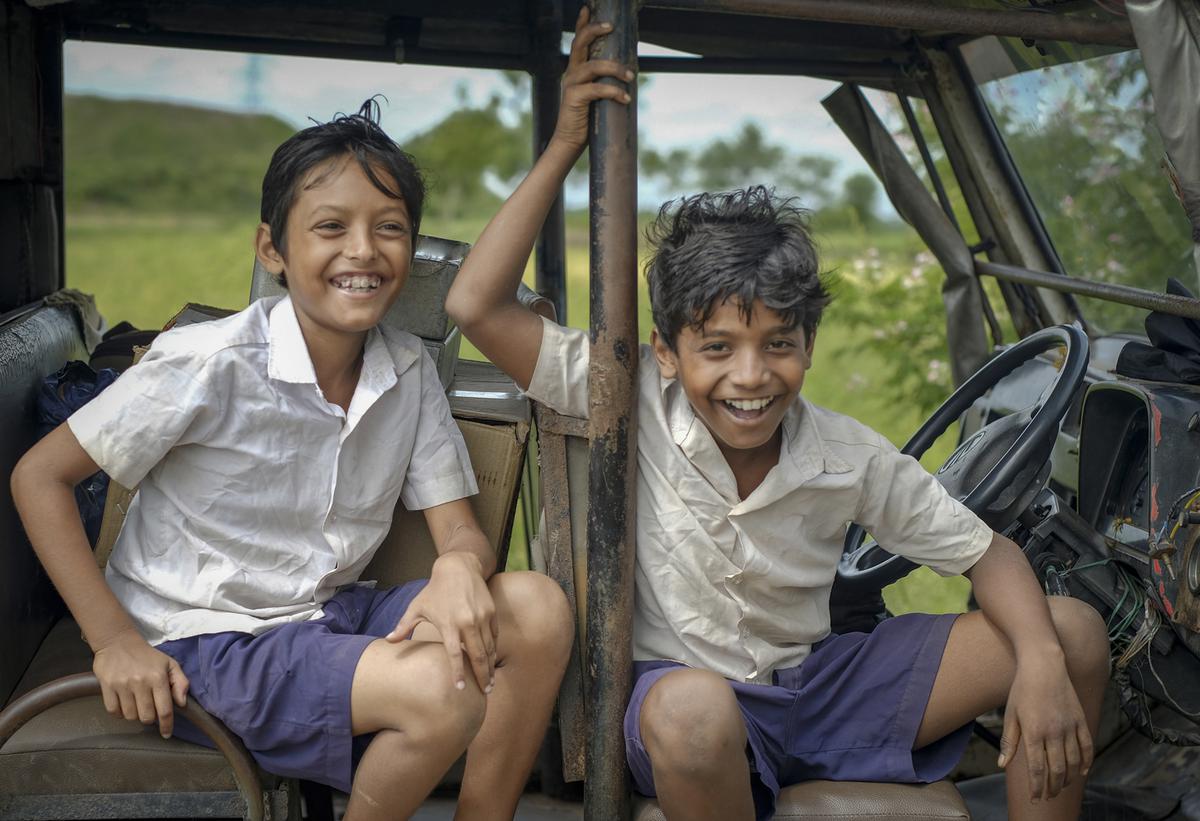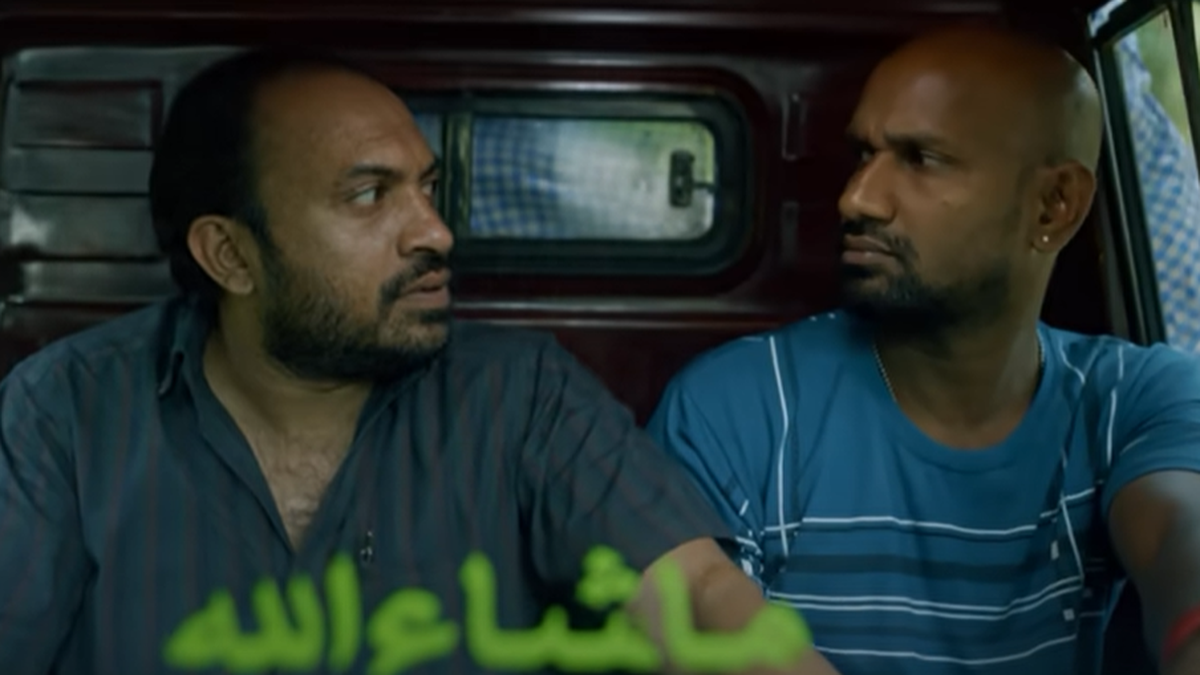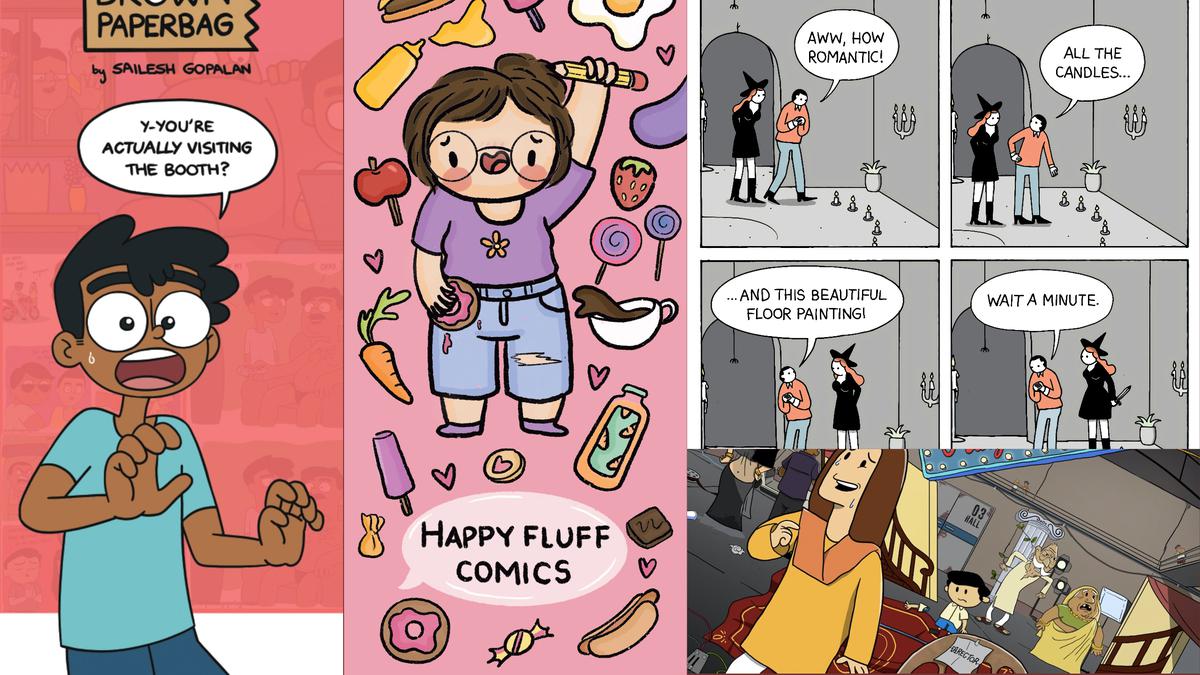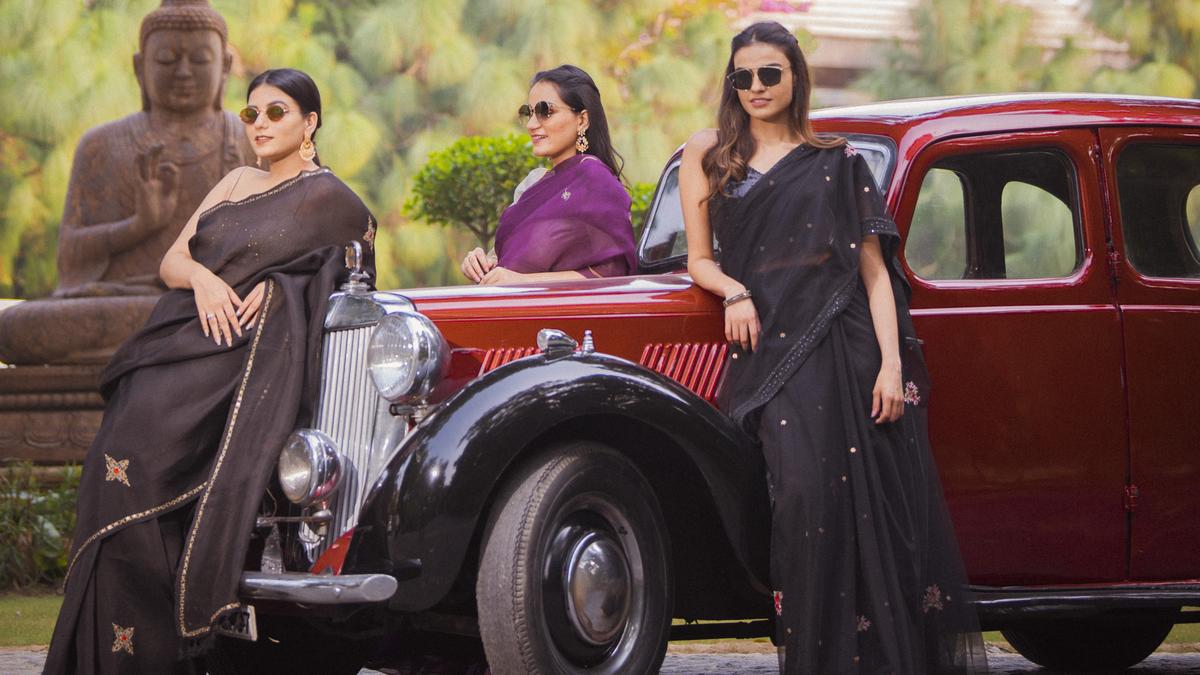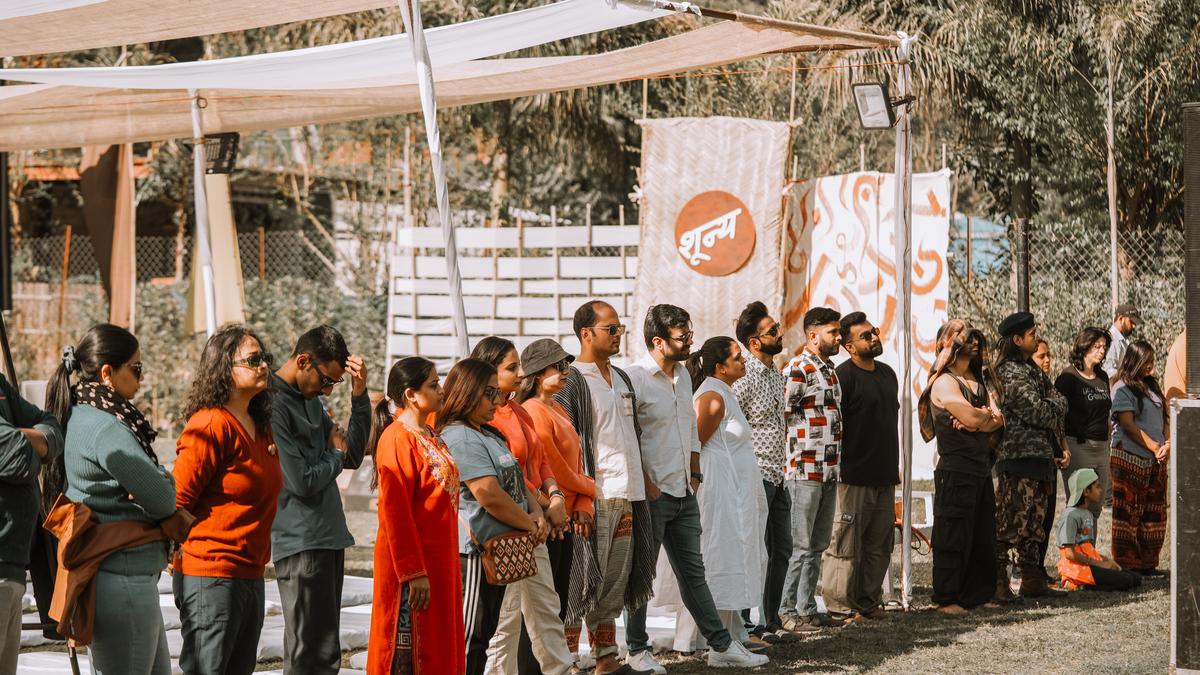Imagine experiencing life at its bare minimum, enjoying the smaller delights against all odds, unperturbed by external factors that have been fuelling a climate of fear. In director Prasun Chatterjee’s Dostojee, religious hatred engulfs a village where a bare minimum life was lived to its fullest. The people in the village were doing just fine, in their own world of struggles and survival; slow-paced, and far away from the epicentre of rising hate and fanaticism.
Dostojee
Director: Prasun Chatterjee
Cast: Arif Shaikh, Asik Shaikh, Jayati Chakraborty, Anujoy Chattopadhyay, Swatilekha Kundu
Runtime: 111 minutes
Storyline: Follows the story of two friends who live in a village perilled by religious hatred and unrest
Nature and mundaneness of life are captured at their best cinematically, with realistic lighting, colour grading, sound, and close-ups of ordinary faces and everyday objects found in a living-on-the-edge household. Dostojee paints the glory of fireflies illuminating the dark, a kite soaring high on a grey sky and then its fall from its grace (no less than a metaphor for life), the joys of fishing with bare hands in a village pond pounded by heavy rains, and the melancholy of a lone boat resting by the river. The realism throughout the film constantly remind its viewers of Bengali auteur, Satyajit Ray’s portrayal of the ephemeral nature of life, grief, and loss in a rural Bengal setting in the iconic Pather Panchali.
Prasun has a vision, and the film takes a high moral stand in how it depicts poverty. It isn’t far removed from reality, and refuses to romanticise poverty. The characters are multifaceted, reeling under socially-challenging circumstances interspersed with brutal attempts of polarisation on religious lines.
While unfolding his story in the backdrop of a Hindu-minority village somewhere on the India-Bangladesh border, director Prasun draws a quick reference to the unrest that set off in the country following the Babri Masjid demolition in Ayodhya and the chain of violence from thereon that caused massive upheavals in the early 90s. The socio-political narrative renders the film intellectually rich as the characters constantly fight amongst themselves. This is of course excluding the protagonists of the film — Palash (Asik Shaikh) and Safikul (Arif Shaikh) — who, till the end, remain untouched by any kind of moral ambiguity and are oblivious to the raging fire of communalism that is slowly engulfing their soil.
Palash, an academically-bright kid with unwavering obedience, is the son of a Hindu priest. His bosom buddy and partner in mischief is Safikul, a son of a Muslim weaver, who lives in the adjacent house. While the latter is unlike Palash in education, he does have a creative bone. Dostojee (which is a term of endearment for a friend) tells the story of this inseparable duo. While Safikul visits Ram Jatra with his Hindu pal against his own father’s wishes, Palash shares with his little sister the Eid-special semai that he gets from his immediate neighbor-cum-confidante. Their families’ hesitancy to interact with each other due to their differences only weakens in time, just like the makeshift straw wall that goes between the two mud houses as a mark of boundary.
The film also beautifully captures Bombay’s influence in rural India in several scenes. For instance, after looking at the poster of Amitabh Bachchan’s 1975 film Deewar, which is pasted on the wall of a bicycle repair shop, they start imitating senior Bachchan’s pose with the help of the shopkeeper. From taking pictures while imitating their idol, to bunking classes, to seeing a bioscope of the actor, the two engage in all kinds of mischief. They prance around their picture-perfect lush green village; their mind knows no divides. They argue, make up and wear their own hand-made crowns that are illuminated with fireflies stuck on the outside. They “fight like kings” ( rajader moto juddho), but their altercations never culminate in defeat or victory as their friendship isn’t defined by the things that locals in the village are mostly concerned about. While one sect wants to build a miniature Babri Masjid in retaliation to the big mosque demolition, the other wants to answer back by organising a Ram Jatra on the occasion of installing a Lord Ram idol in a local temple of Lord Shiva.
Prasun sparks a debate over a highly spoken-about subject in contemporary politics. Palash’s mother, worried about living in a communally unsettled area, asks her husband whether Lord Rama has ever been traditionally worshipped as a deity in Bengal. It would have been rather interesting for the audience, had Palash’s father, instead of a short and crisp answer, elaborated on his understanding of Lord Rama’s popularity in Uttar Pradesh and beyond.
The nearly-two-hour feature is sprinkled with several heartwarming moments that show the innocence of the growing up years and soul-stirring conversations that time and again posit that the human bond is above everything. Take for example, the moment when an overwhelmed Safikul learns at the backstage of the Ram Jatra, that the folk theatre artists are not really foes in real life, and they play enemies on stage just to earn a living.
The film is filled with quite a few metaphors, and what cannot escape the viewers is the significance of the character of the local madman. You see him being driven away by members of both communities. His belongings are thrown away and he is removed from his lair as the local Muslims want the land for building a mosque. He does not get prasad at a Hindu festival either. He stands as a strong metaphor for those who are often caught in the crossfire of sectarianism.
Palash and Safikul’s carefree childhood gets a generous portrayal in the film until tragedy strikes. But the second half of the film lacks speed and a sense of storytelling too. Instead of further strengthening the narrative, the writing begins to slack.
In spite of that, the director manages to deliver what he wanted to in a rather convincing way. What makes Dostojee unique is that most of the actors in the film, including the two protagonists, do not come from an acting background. Their natural expressions and dialogue delivery make the characters all the more authentic, while they stay rooted in a film that is all about social realism.
Dostojee is currently running in theatres


